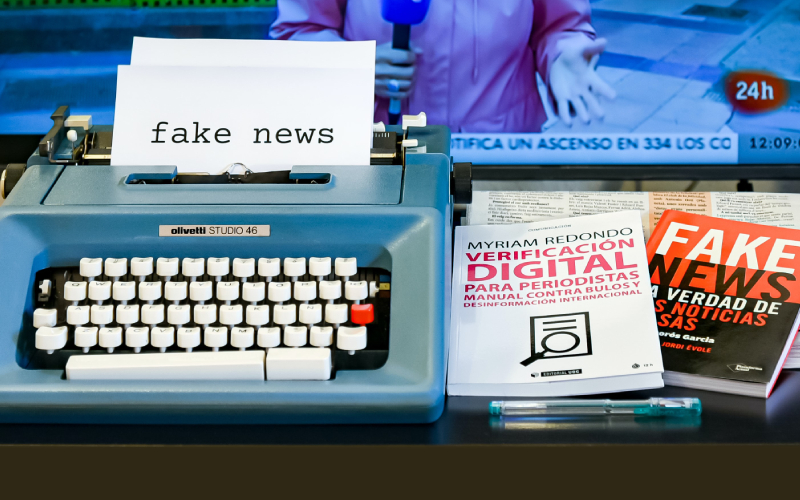
Introduction
The Ministry of Electronics and Information Technology (“MeitY”) has invited comments from stakeholders and the general public on an amendment proposed to rule 3(1)(b)(v) (“proposed amendment”) of the Information Technology (Intermediary Guidelines and Digital Media Ethics Code) Rules, 2021 (“IT Rules”) with respect to due diligence obligations of social media and other intermediaries regarding fact checking misinformation by Government to prevent sharing false, untrue or misleading information.
Background
The MeitY on 2nd January 2023, had published draft amendments to the IT Rules in relation to online gaming. While granting an extension of time for the public consultation process, the MeitY through a press release also announced a proposed amendment relating to due diligence by an intermediary under Rule 3(1)(b)(v) of the IT Rules.
Rule 3(1)(b)(v) requires social media and other intermediaries to comply with due diligence guidelines by making reasonable efforts to cause their users not to host, display, upload, modify, publish, transmit, store, update or share information which is patently false and untrue or misleading in nature. The amendments now proposed to the Rules expand the applicability of these Rules to “online gaming intermediaries” and proposes to mandate that the due diligence requirements will include taking down information identified as fake or false by the Fact Check Unit of the Press Information Bureau (“PIB”) (https://factcheck.pib.gov.in/ and Twitter handle @PIBFactcheck) as “misinformation or information which is patently false and untrue or misleading in nature”.
The PIB is a department falling under the Ministry of Information and Broadcasting, generally tasked with communicating government policies and news/information pertaining to the Government of India. It appears that the PIB or any other agency authorised by the Central Government will be tasked with “fact checking” or identifying misinformation in respect of any business of the Central Government. As a result of this proposed amendment, intermediaries will be required to take down any post/information identified by the agency authorised by the Central Government under the proposed Rule as constituting misinformation or information which is patently false and untrue or misleading in nature, failing which such intermediary may be unable to rely on the safe harbour defence under Section 79 of the Information Technology Act, 2000 (“IT Act”) for non-compliance of its due diligence obligations as mandated under Section 79(2)(c) of the IT Act.
MeitY was to hold a public consultation on the proposed amendment with stakeholders on 24th January 2023, but this is now scheduled to happen in February 2023. MeitY has also extended the deadline for stakeholders to provide comments/feedback till 20th February 2023. The Feedback can be submitted on: https://innovateindia.mygov.in/onlinegaming-rules/.
Our Take
Fake news has the potential to misinform the public and may even lead to incitement of communal disharmony and disturbance to peace. It is therefore highly desirable that fake news be checked, countered and taken down. However, given that the PIB is part of the Government and not an independent watchdog, concerns about censorship in the guise of fact checking are naturally bound to arise, particularly in a vibrant democracy such as India, with diverse viewpoints. Critical analysis and examination of the government’s policies and actions has been an enduring and healthy aspect of Indian democracy. Therefore, countering fake news while not stifling legitimate criticism of the government may be more effectively done by an independent body.
Previously, the Ministry of Information and Broadcasting had also issued an advisory to private news channels, noting that certain TV news channels have made false claims to incite audiences, and asking TV channels to refrain from airing such content. To that extent, the amendments proposed by MeitY are aligned with the government’s previous actions against fake news. Presently, the Indian Penal Code, 1860, Information Technology Act, 2000 and Disaster Management Act, 2005 contain provisions that criminalize actions tantamount to circulating fake news.
Accordingly, while the proposal to take down content that is disproven by fact checking is a welcome one, it may be advisable to mandate an independent body with the task of fact checking, rather than government affiliated bodies as is presently envisaged.

